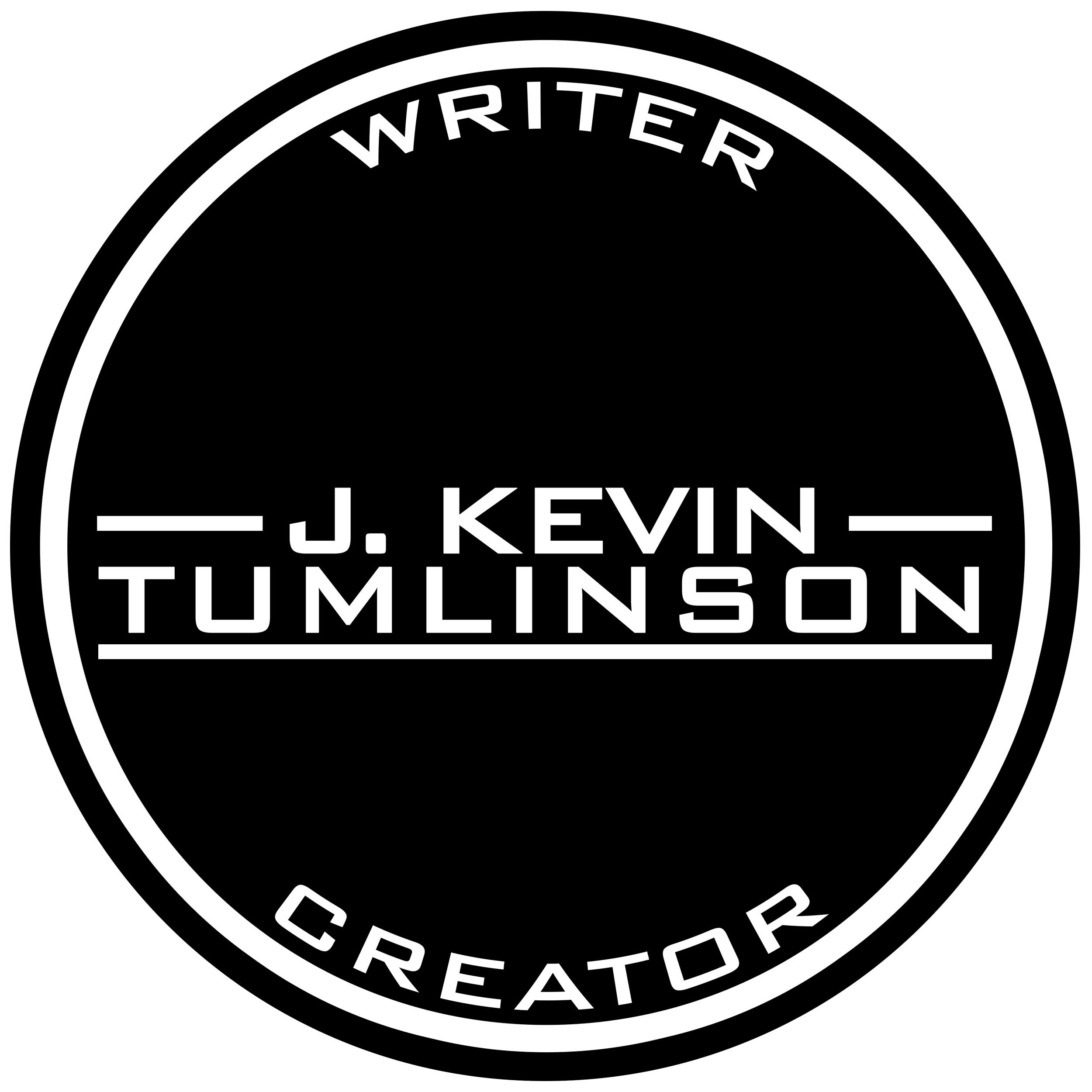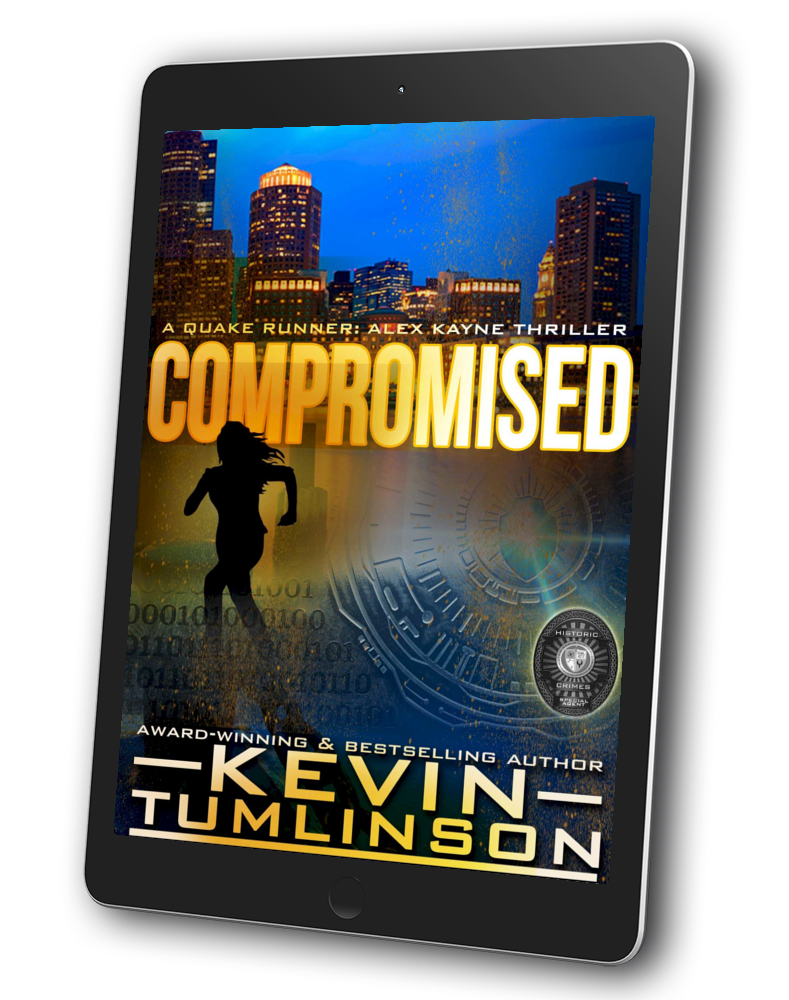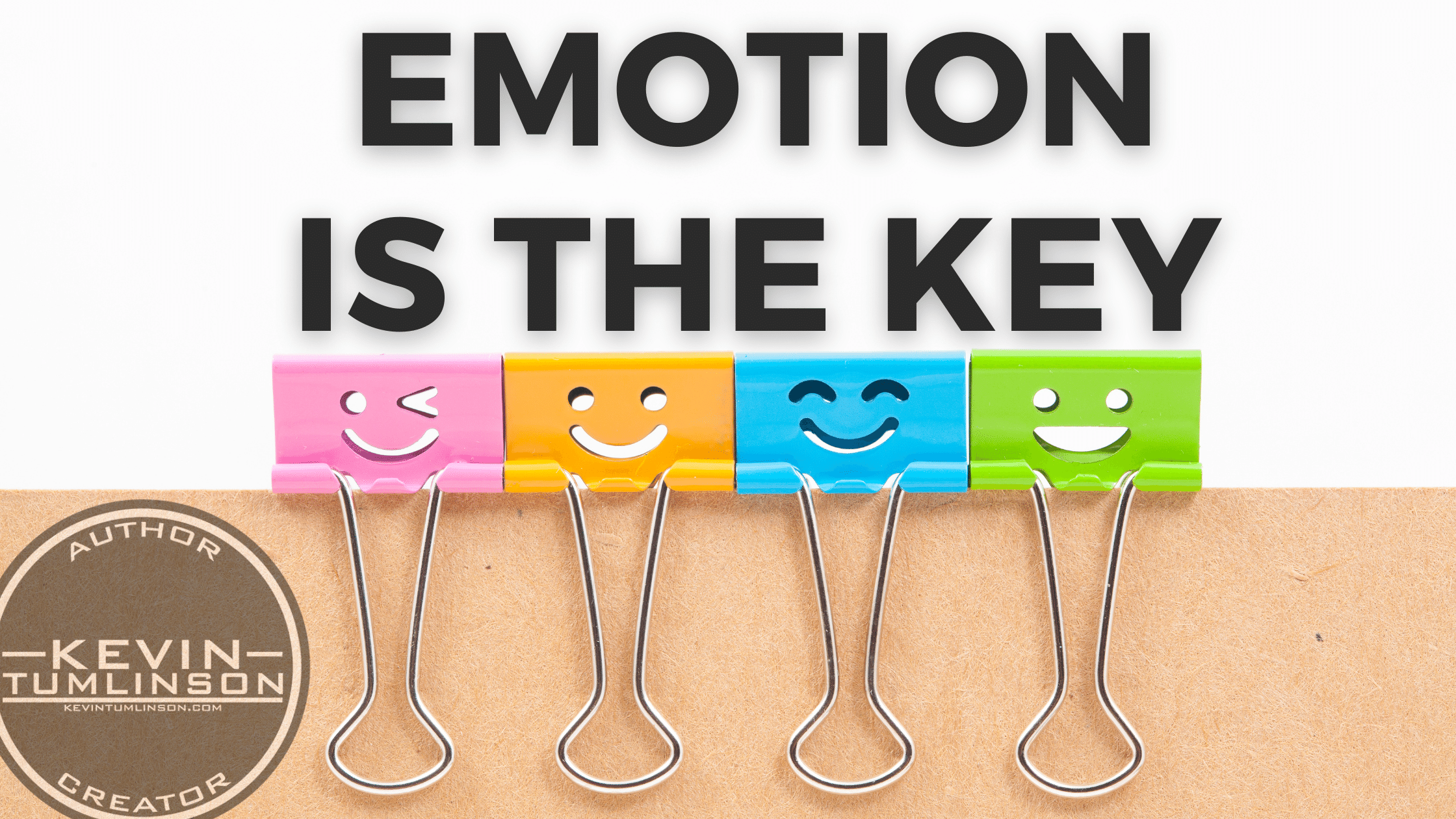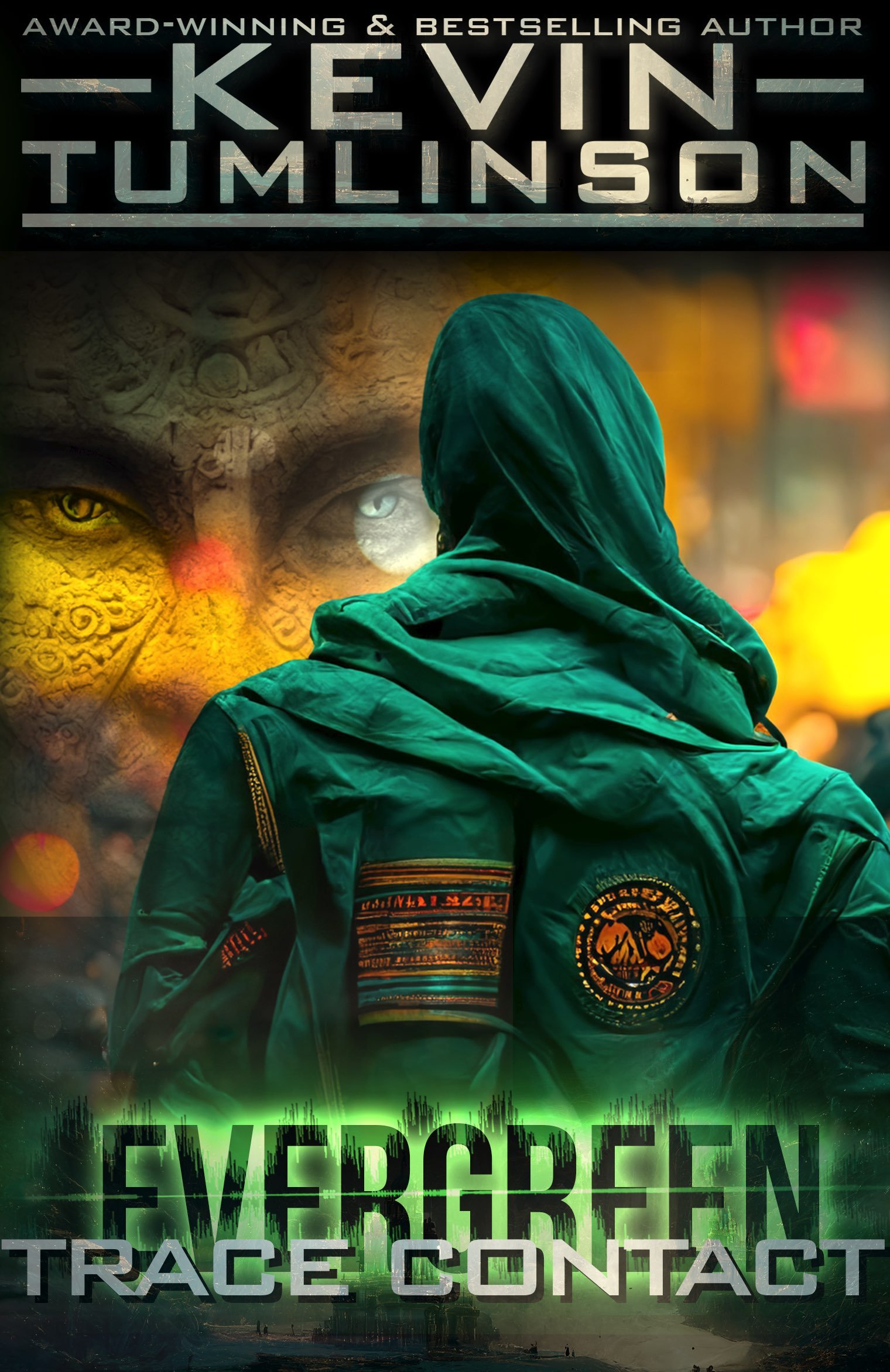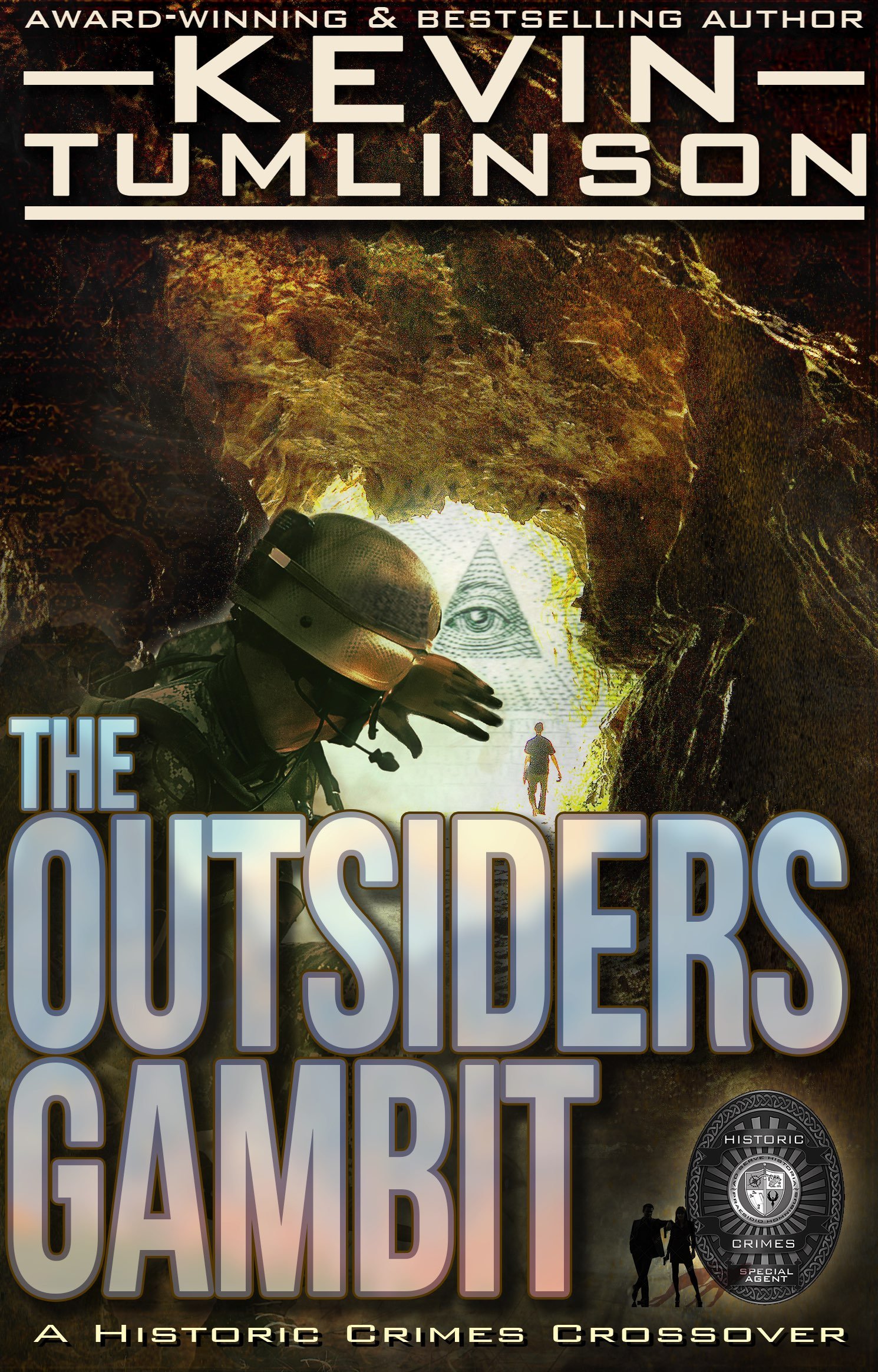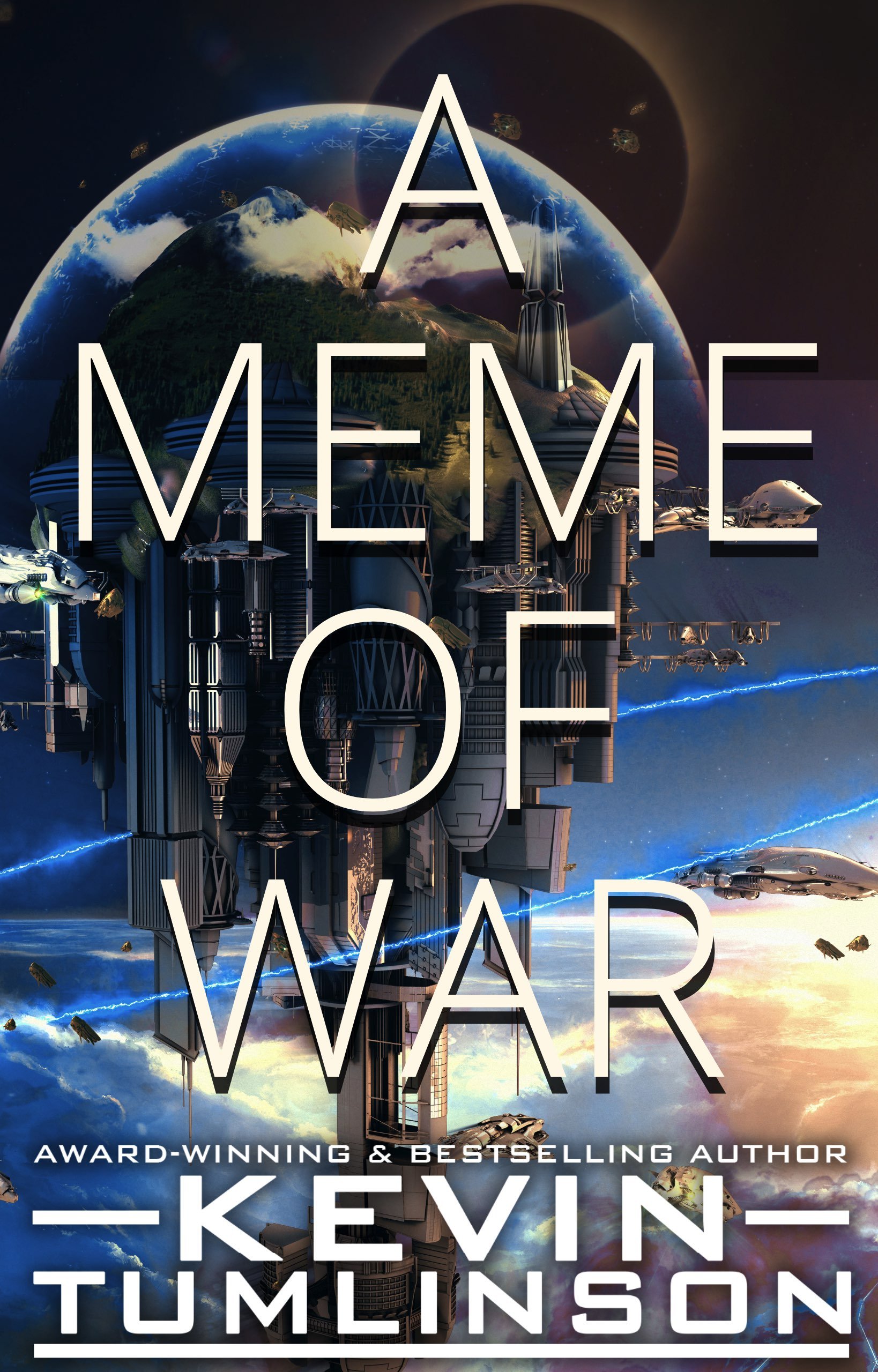There’s been an unintended confluence in my reading and studying lately.
I’ve mentioned before that I tend to read three books at a time (just not at the same time). I like to read non-fiction in the morning, usually something inspirational or self-improvement related, though I sometimes use that time to read deeper research subjects. I often read a lot biographies and autobiographies during the time as well.
I listen to an audiobook daily. These are almost always non-fiction, and can run the whole gamut of topics. I tend to dive into the denser, tougher subjects while listening, as my primary learning modality is auditory. I’m a good listener—though Kara may tend to disagree. I like listening to these books while making coffee, taking walks, driving, and other activities.
And in the evenings, and sometimes in odd and off hours throughout a day, I read fiction. It helps me relax at the end of the day (a trick I learned from Tim Ferriss in The 4-Hour Workweek). However, reading fiction is kind of a part of my work as well—every writer should read as much as he or she can, as widely as possible, to “train the ear.” And, frankly, to note what works, what doesn’t, what’s good and what isn’t in another’s writing.
That’s right authors… I’m silently judging you as I read. Mwahaha. Usually pretty favorably, though. Maybe you’ll judge me kindly.
In addition to those three books, I also consume great quantities of information via blog posts, videos, podcasts, and courses through services such as The Great Courses and MasterClass. A lot of this is research, though it’s largely unfocused. I let my interests guide me most of the time. And sometimes I let my need guide me—If I need to know something in order to do my work easier, faster, or better, or I need instruction to accomplish some task at hand, I home in on content that syncs with that goal.
I don’t think I’m particularly unique or unusual when it comes to any of this, though I rarely hear other people describe this kind of thing. But uniqueness isn’t the point.
Lately I’ve noticed that all of what I’m reading and studying has a similar theme: Communicating with and understanding other humans, and how those efforts shape reality.
The fiction I’m reading, at present, is Orson Scott Card’s Xenocide. Over the past few weeks I’ve read Ender’s Game and Speaker for the Dead as well, and in a day or so I’ll start reading Children of the Mind. All currently known as The Ender Quartet.
I re-read these books from time to time, and as I’ve aged and gained more experience, the concepts and ideas that I connect with in their pages tends to evolve with my perception. As it should be. Every time we come back to a book, it’s with new eyes, shaped by our experience with the world.
But the themes I’ve identified with most, as I’m currently reading, are all in the vein of communication, understanding, and reality.
The audiobook I’m listening to is Malcom Gladwell’s Talking to Strangers. That book, as it happens, is entirely about how humans communicate, and how we understand each other, and how we determine reality based on our assumptions and assertions about all of that communication. It’s mostly about how we get it all wrong, how we cannot rely on what we think of as readable non-verbal cues, and how we are ultimately far less competent at understanding each other than we believe we are.
I didn’t pick that book because of it’s topic, however. I hadn’t read any synopsis. I wasn’t even the one who purchased it. Kara had downloaded it at some point, and as I was going through our Audible library I saw that it was a Gladwell book. I like Malcom Gladwell, and have read many of his books, and so I chose it as my next listen.
Coincidence.
The non-fiction book I’m reading in the mornings right now is Capital Gaines, from Chip Gaines, one of the two stars of the home remodeling show Fixer Upper. Chip is a character—a fellow Texas-raised boy with typical Texas energy, ethics, and exuberance. The book is an autobiography with some self-improvement wisdom built in. It’s folksy and entertaining, and can be inspiring and heartwarming. I’m really enjoying it.
One story Chip relates in the book is about the time that he decided to take a three-month trip to Mexico to participate in an immersive language program. He left his businesses in the hands of his then-girlfriend, Joanna.
I won’t spoil anything, but let’s just say that communication and understanding and reality were big, prominent themes in all that followed. It was almost like reading a case study from Gladwell’s book, as not only the couple but the couple’s parents and Chip’s employees were forced to deal with the fallout and chaos that came from Chip’s well-meaning foray into trying to be a better communicator.
Outside of my reading, I’m taking one of The Great Courses, Anthropology and the Study of Humanity. Since anthropology and general archaeology are intricate components in the character of my thriller protagonist, Dan Kotler, I try to study the field as much as possible on an ongoing basis. It’s led to some interesting ideas for books, but also its helped me to make Kotler a better, deeper, richer, more nuanced character over the years. He grows as I grow.
Though the topics and concepts I’m learning from this course aren’t (yet) about communication, per se, the theme of understanding is explicit. Anthropology is the study of who we are and where we come from. As we learn new things about ourselves, we often have to shift our understanding to incorporate those new ideas. They shape and change our reality.
You could argue—and I’d join you—that all of this hinges on communication as well. Anthropologists studying the remains of the various hominids are learning from what the bones and pottery shards and stone weapons are telling them. Communication across the ages. They’re also learning form the DNA left behind. Communication from genetics.
And of course, conveying all of these ideas requires that we all agree on specific terms, and the implications of ideas, and the meaning of discourse.
It may seem like a bit of a cheat, but I’ll allow it. Communication is a vital part of scientific study.
I didn’t set out to find thematically linked work to ingest. And, again, it could be argued that since I’m the one choosing, I may either have subconsciously chosen linked material, or I am creating links myself, finding parallels where none may actually exist, or which may be coincidental in nature. I’m onboard with that.
The fact, though, is that these concepts and ideas are linking and connecting for me, intentionally or not, and are adding to my understanding of communication and the nature of humanity and of reality. They’re synthesizing—the links I’m forming between the various concepts and ideas are weaving a new understanding. One that I’m now trying to convey here, in writing.
One thing that I think Gladwell’s book Talking to Strangers hasn’t yet addressed, at least up to the point I’ve reached in listening, is that though we humans are intrinsically bad at understanding each other most of the time, it does not hold that we are bad at it all of the time. In fact, we can verifiably demonstrate that our instincts are often pretty good. We may not get the full and complete picture, and we certainly should not use the incomplete picture to enact any form of regulation or remediation or punitive measure on others, but our instincts about others is often good enough to allow us to relate to them, to navigate the complexities of a tentative relationship with them, to interact with them even in high-stress situations.
As an example, look at Texas.
During the recent ice storm that swept the state, the power grid suffered a blow. If I say “it went down,” I know people like to rush to correct me. It was still there, it just wasn’t active at a level that was useful. The reasons for this are pretty layered, and not at all straightforward. Let’s just settle on “it happened.”
Like many disastrous moments in recent Texas history—hurricanes and flooding being the most prominent—Texans from across the state pulled together to make sure everyone had what they needed. Heat, power, water, a safe and warm place to sleep. These were essential. And despite that fact that nearly the entire state suffered the same lack of these basic human necessities, those who had gave, and those who could help, helped.
There was no separation of ideology, race, income, or education. No one refused to assist someone because they were different. They simply helped. All differences were irrelevant.
In the aftermath of Hurricane Harvey this was prominent enough to be national news. Hashtags like #HoustonStrong appeared everywhere. People from the northern parts of Texas drove for almost two days to reach the southern region, where flooding was putting people in danger of losing not just their property but their lives. Good ol’ boys came rolling in with lifted pickups and fishing boats, they put in at the waters of the Bayou City and brought every soul they could find out to dry land and safety. News footage showed boats with Confederate flags and white “rednecks” rescuing blacks and hispanics, making sure they had water and towels and dry clothes, making sure they made it to someplace where they could get help.
This is not just a Texas thing, obviously. It’s a human thing. If you know a tree by its fruit, you certainly see that fruit more plainly when disaster descends. Humans show their humanity best in a crisis.
Those confederate flags, though…
There was the story recently of a woman snowed into her home, when a neighbor came to her rescue. The man used his truck to plow her driveway, without having to be asked, and without asking anything in return. It was simply a neighborly thing to do.
The driveway’s owner turned out to be a writer for the LA Times. And in a column she wrote that the neighbor was a Trump supporter. She spent her time on the page pontificating over how much thanks she really owed him, and the fact that in LA, no one does something like this “for nothing.” In the end, she decided to give some passive thanks, a grateful wave of a hand, but as a parting shot offered: “I also can’t give my neighbors absolution; it’s not mine to give. Free driveway work, as nice as it is, is just not the same currency as justice and truth. To pretend it is would be to lie, and they probably aren’t looking for absolution anyway.”
She’s probably right. People doing good deeds usually aren’t doing them out of a sense of absolution. They likely don’t believe they need any, for the sheer act of supporting a political candidate you don’t like, or perhaps you even believe was a monster.
The two are not seeing reality the same way. The two are not understanding each other. Their communication is surface level only, nothing deeper than action and reaction.
Like the Texans with Confederate flags on their fishing boats, the snow plow guy with a Trump 2020 flag on his pickup isn’t immediately trying to communicate anything in particular. They have their own interpretation of these symbols, they’ve assigned them or accepted from them some meaning that is different than what others might assume. And as we’ve discovered, we’re bad at assuming anyway.
What does this do to our understanding of these people? What does this mean for our reality? There is a clear narrative, widespread, that certain groups and certain affiliations are “all” something. “They’re all racist. They’re all bigots. They’re all white supremacists.”
So what happens to the all of those assumptions when you can literally point to exceptions? When you can talk to a man wearing a MAGA hat, and hear him tell you that everyone, even the blacks who live in a city far from his home town, deserves to live, deserves to be warm, deserves to have clean water and dry clothes and a safe place to live?
Let’s flip it.
Because I’m a conservative myself, I often hear the all from the other side. “Liberals are all baby killers. They’re all trying to take our guns. They’re all trying to destroy religion. They’re all violent racists!”
How can we accept statements like this when they’re verifiably false? How can we accept them as true when we can see liberals who perform acts of kindness, who make an attempt to listen to and understand an opposing point of view, who recognize that singling out any race, even if it’s the white race, as all evil or all racist or all bigoted is a ludicrous generality?
Our biggest misunderstandings come when we generalize an entire group.
Our biggest conflicts come when we lay the blame earned by a few on the shoulders of the many.
When we determine that an entire group of people is evil or vile or reprehensible based on the worst evidence of a few from that community, that’s when we are failing most at talking to strangers.
That’s when we are creating a reality devoid of communication.
The reason this happens is because we humans are inherently lazy. We take the path of least resistance in just about every aspect of our lives. It’s far easier to ascribe a label to an entire group of people, to lump everyone with similar qualities and characteristics under that label, and then pass judgement on the label itself. Anyone in that category is guilty by association. It takes less time and mental energy than looking at the merits, arguments, and ideas of every individual.
We’re bad at understanding strangers because they are strangers. We’re also bad at it because taking the time to truly understand someone is exhausting. We don’t even take the time or effort to fully understand ourselves.
Shortcuts and shorthand are necessary for all of us to get along. But they’re also the biggest reason we don’t get along.
Assumptions are a cancer. Outrage is a drug. Combine the two, and here we are, at odds, at war, never able to reconcile our differences.
No, that isn’t all of it. Because for some of us, we refuse to allow any change in how we see the world and ourselves. Because that change would feel like dying to us. It would feel like losing ourselves, like we’re becoming nothing.
Recently there was this weird, alarming insistence from many Generation Z people (another label, another group we can lump together and target, if we need to). The insistence was this:
Hellen Keller wasn’t real, and there is nothing you will ever say that will convince me she was.
Hellen Keller. A factually real, literally existent historical figure that we can show by record and evidence was a real person. We can show demonstrably that she existed and had the disabilities of being blind and deaf.
The hangup from Gen Z appears to be that she wrote books. “How can a blind person write a book?”
Many millions of blind people both write and read, so this is a puzzling question.
“How can a blind and deaf person write a book?”
This has also been shown as possible. Teaching a blind-deaf person is incredibly challenging, but it’s because of the experience of Hellen Keller that we have attempted it and accomplished it. This happened, it’s verifiable.
Nothing you will ever say will convince me.
I think the real root of the problem lies there.
This isn’t really about communication. It’s about conflict. It’s rebellion.
These people have decided that the Hellen Keller story is a hoax for a few reasons. The disbelief that someone with these disabilities could learn to read and write is challenging, but it’s not really the most damning thing, in their eyes.
One doubter cited that Keller’s signature was too perfect to be written by a sightless person. And indeed, her signature is very clean, very precise. Without sight, any typical person would have trouble replicating that signature. The fact is, however, that many sightless people have learned to write in a consistent, readable, precise handwriting. Many have legible signatures. They’ve come to understand the space that is the page, and they know their orientation to it. They may need assistance to find a line where their signature should appear—but practice does, in fact, make perfect.
Another doubter took issue with Keller writing twelve books. While some were aghast at the concept that she’d be able to write even one, the volume of books accredited to her over a lifetime seemed to be more of head shaker to others. One Gen Z Tik Tok user proclaimed, “That’s too much even for people with all their senses.”
This is the part where I say I, as a sighted person, have personally penned more than 50 books, not to mention multiple millions of words for blog posts, articles, scripts, short stories, social media posts, and text messages. That level of output is certainly not impossible for anyone, blind or otherwise.
And further, there’s an absolute litany of prolific blind authors throughout history, including Homer, James Joyce, and John Luis Borges, to name just a few.
Not to mention, there are some pretty well-known musicians who are blind but have produced an incredible output of work, often beyond anything their sighted counterparts have created. Ray Charles, Stevie Wonder, and Ronnie Milsap immediately come to mind. More recently, Terri Gibbs has begun his own career, and I expect we’ll hear an immense catalog of work from him as well.
Blind authors can certainly be prolific. And if they have indeed learned how to write, even being blind and deaf is in no way a barrier to their output. If anything, it may increase their tendency to produce the written word, as a means of expression they have in common with others.
Writing and reading can be learned by anyone.
Writing builds community.
The second argument for Hellen Keller being a hoax is the one I have to credit as being more plausible. I haven’t researched this closely enough to know if this is a fact or not, so please do not take this as a statement as such. But the argument is that after Keller’s handler died, her output of books dropped to zero.
If this is true, it does make a case that Keller’s books were the product of a different writer. Occam’s Razor suggests this as the most likely scenario.
It is entirely possible that Keller did not, in fact, know how to read or write. Learning written language is challenging even for sighted students, and a large part of our learning to read and write depends a great deal on phonetics. Hearing language spoken allows us to more easily connect language to written symbols.
It’s not impossible to learn to read without hearing a language spoken aloud. That much is obvious given that we have in fact learned to read “dead languages,” those that have not been spoken for centuries, even millennium. And Keller’s story includes an assertion that she did learn to read and write. The circumstance of her output dropping to zero could be damning, but it might also be coincidence.
Keller may simply have stopped her work as a result of losing the person she was closest to. Without her handler’s presence, perhaps Keller no longer felt inspired, or perhaps she felt she’d said all she could say.
Can we know, either way? Not really. Not unless new evidence turns up. A journal Heller kept, perhaps.
The real issue, though, is not even whether Keller’s story is a hoax or not. It’s the fact that those who doubt the story are very vocal that you will never change their mind.
That’s a confrontational statement. It’s belligerent. It implies that they’re being deliberately obtuse. It’s a challenge to the world: I will not believe you, no matter who you ware or what you say.
It’s the adamant declaration of a child to an adult. They may not even mean it, but the more powerfully and insistently they are challenged on it, the more they will dig in their heels, and the more it will become their actual, legitimate reality.
This seems to connect to the growing division in the world.
Politics, social issues, religion, perceptions of history, or simply whether a dress is black and white or blue and gold—these days we’ve got a lot to fight about. And the fight stems first from the fact that we not only are not understanding each other, we’re refusing to understand each other. Our disagreements are no longer matters of opinion to some of us, they feel like life or death.
So how do we fix that?
We don’t.
You and I do.
It’s up to individuals to determine, decide, and to commit to the idea that we alone have the power of response.
At the moment, because we are al addicted to outrage, and because we are all clutching to identity as our self, we feel threatened and angry at all times. We are reactive.
But being reactive means that we are not in control. And when we feel like we have no control over our lives, our fear and outrage and anger simply increase. We start feeling cornered. That sense of fight or flight becomes default.
So the only way out is to stop reacting and start responding.
Stop to think before speaking. Stop to think before taking action. Stop to consider before dropping compassion and ignoring the sense of decency that, I believe at least, is an integral part of human nature.
Choose our response to what happens, rather than allowing ourselves to simply react to it.
We reclaim our personal power by choosing.
And what happens if there appears to be no choice? If everything seems out of our control anyway? We’re powerless by the very nature of reality, we’re powerless because others are so powerful?
Respond with acceptance. Respond by choosing, even if that choice is to be outdated. Choose outrage, if it’s the only choice you have. Just don’t default to it. Know that you’re outraged going in. Don’t let it run roughshod over you, don’t let it be the habit you fall into. If your going to be mad, choose to be mad. If you’re going to be afraid, choose to be afraid. Or don’t.
It’s ok to ignore the so-called “only choice,” and respond in a way that may even make others think you’ve lost your mind.
Cheer even when your team loses.
Offer kindness even when someone insists you’re their enemy.
Offer wisdom even when you’re being called stupid.
Laugh in the devil’s face.
The only power you have in life is your response. Even if all paths are closed but one, it’s how you take the path that empowers you.
We’re no good at talking to strangers. We don’t understand each other. We will never be able to control the other, because the other is too busy trying to control us. So let’s not. Let’s control ourselves instead. Perfectly. Constantly and continuously. Let’s choose to assume the best about the other, and respond as if it were true.
Let’s talk to communicate and shape reality like we mean it, and forget trying to get anyone else to think our way. They never will. But we can all contribute how we think to a greater whole.
Unity can be the mind of a community, even if the individual members can’t, won’t ever, fully understand each other.
